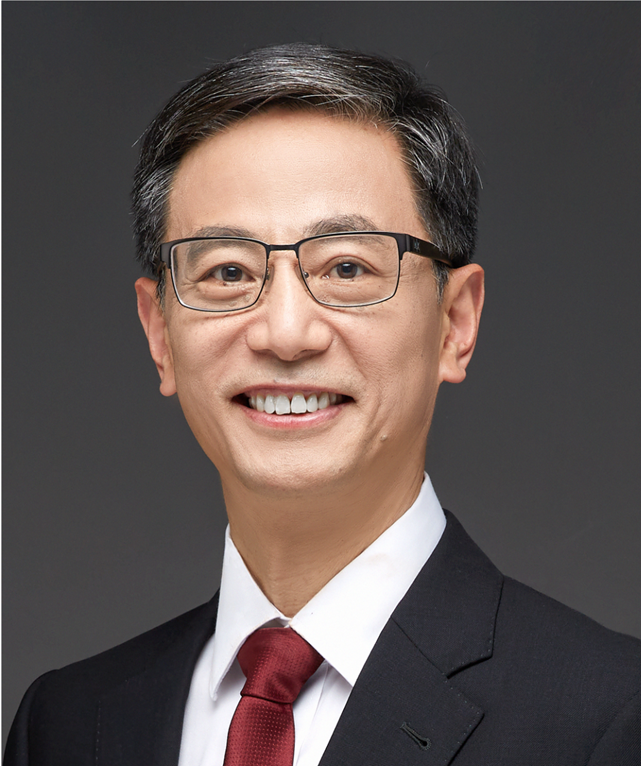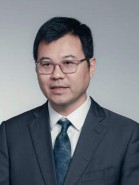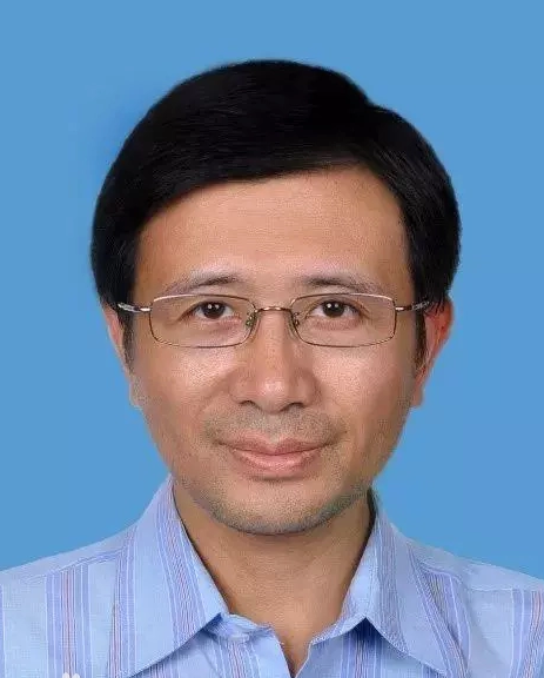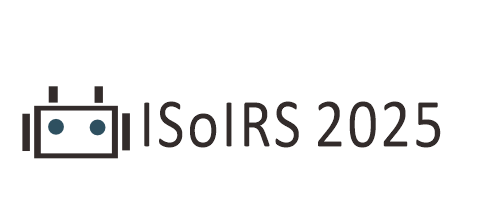Speakers 2024
![]()
Keynote Speaker Ⅰ

Prof. Hong Zhang
IEEE Fellow
Southern University of Science and Technology, China
Brief Biography: Professor Hong Zhang received his B.S. from Northeastern University (Boston) in 1982, and Ph.D. from Purdue University in 1986, both in Electrical Engineering. Subsequently he conducted post-doctoral research at the University of Pennsylvania before joining the University of Alberta, Canada, where he worked for over 30 years. Since October 2020, he has been a Chair Professor in the Department of Electronic and Electrical Engineering at the Southern University of Science and Technology in Shenzhen, China, where he directs the Shenzhen Key Laboratory on Robotics and Computer Vision.
Professor Zhang’s research interests include robotics, computer vision, and image processing, with over 300 publications in these areas. While in Canada, Professor Zhang held a prestigious NSERC Industrial Research Chair from 2003 to 2017. He was the General Chair of 2017 IEEE/RSJ International Conference on Intelligent Robots and Systems (IROS), in Vancouver, Canada, and served a three-term as the Editor-in-Chief of IROS Conference Editorial Board (2020-2022). Currently, he is a member of the Administrative Committee (AdCom) of the IEEE Robotics and Automation Society (2023-2025). In recognition of his research accomplishments, he is elected Fellow of the IEEE, Fellow of Asia-Pacific Artificial Intelligence Association and Fellow of the Canadian Academy of Engineering.
Title: Autonomous Mobile Robot Navigation: From Foundamental Research to Its Practical Applications
Keynote Speaker Ⅱ

Prof. Chao Xu
Zhejiang University, China
Brief Biography: Dr. Chao Xu obtained his Ph.D. degree at Lehigh University. He is a senior member of IEEE, focusing on machine intelligence and robotics. Dr. Xu serves as the associate dean of the College of Control Science and Engineering at Zhejiang University, the director of the Zhejiang Provincial Engineering Research Center for Intelligent Mobile Unmanned Systems, and the Editor-in-Chief of “IET Cyber-Systems & Robotics”. His representation work was published by Science Robotics and Nature Machine Intelligence. Recently, Dr. Xu was honored with the 2024 International Conference on Basic Sciences (ICBS) Frontier Science Award.
Title: The Study of Swarms: from Turbulence Characterization to Swarm Intelligence
Abstract: The swarming phenomena always narrate scientific principles. This report discusses the characterization and computation of particle swarm based on the turbulent flow visual measurements. A hybrid learning approach employing the physical model collaborating with particle computations will be introduced for efficient physical field reconstruction. Meanwhile, some of the most recent progress and ideas for swarm flight strategies will be presented.
Keynote Speaker Ⅲ

Prof. Liang Yan
Beihang University, China
Brief Biography: Prof. Liang Yan is the Changjiang distinguished professor of Beihang University. His research interest is mainly on high-performance actuation and its applications in robotics and aerospace engineering. He has completed research projects funded by the Natural Science Foundation and the ministry of Science and Technology of China. The research achievement has been published on top journals and refereed conference, such TMech, TIE, TASE, TCyber and etc. He is the Editor-in-Chief of the International Journal of HydroMechatronics, the chairman of IEEE IES Control, Robotics and Mechatronics Technical Committee (China). He is also the Electrical Machine Committee Member of IEEE Industrial Electronics Society, the Robotics and Mechatronics Committee Member of IFToMM, and the Mechatronics Committee Member of Chinese Aeronautics Society.
Title: Design and Analysis of High-performance Electromagnetic Actuators with Compounded Magnet Patterns
Abstract: With the progress of industrial engineering, the conflict between the output-performance improvement and the structure compactness of electromagnetic machines becomes significant. The major challenge to solve this problem is the utilization rate of electromagnetic field in three-dimensional space. So far, two-dimensional magnet arrays are widely employed for electromagnetic actuation. The low utilization rate of magnetic field avoidably constrains the improvement of system output performance. Therefore, the improvement of utilization rate of magnetic field and its intensity is the key solution to increase the actuation capability. This talk will mainly focus on electromagnetic actuation technology, and introduce the operating principle of complex three-dimensional space magnetic field of electric machines.
